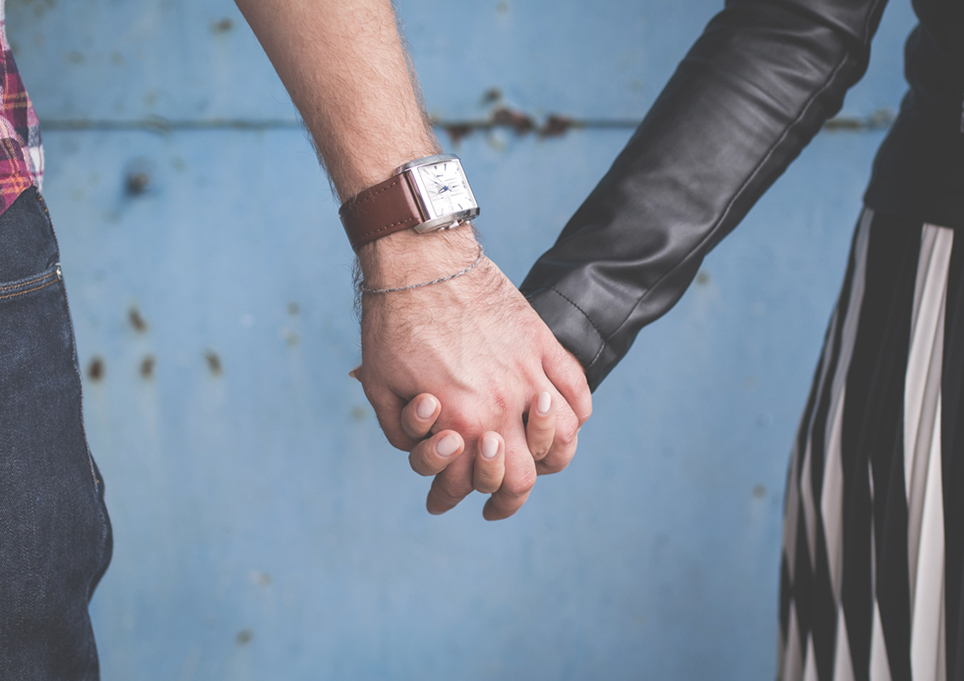Do you find yourself valuing your relationships and thinking highly of others, but anxious about your own self-worth in relationships? Do you feel aware and receptive to your partner’s needs, but unable to assert your own? Are you feeling anxious about your worth within the context of your relationships? These may be signs that you have an anxious attachment style.
Attachment styles are formed throughout the entirety of one’s life and speak to how we as individuals approach, behave and react within the context of relationships. These relationships may be familial, romantic, platonic and/or professional. Attachment styles begin to develop very early in life. Studies show that relationships dating back to early infancy can affect how individuals approach relationships well into adulthood. According to leading Attachment Theorists, the emotional bond within adult relationship stems directly from the emotional bond between infants and their caregivers, resulting in the same attachment behaviors.
An anxious attachment style generally stems from inconsistent relationships throughout one’s life. This may include overprotective parents, childhood abuse, and/or neglect. Additionally, anxious attachment can also be the result of abusive or toxic and dysfunctional adult relationships or witnessing these relationships as a child. Because you learn attachment styles, you can also unlearn them.
1. You Are Consistently Putting Others and Their Needs First
You’re worrying constantly about making other people happy. You are worrying about what you’re doing and if it is what they want. If you find that you are overly focused on other’s needs and not worried about your own needs, you are likely struggling with anxious attachment.
2. Your Partner’s Ability to Love You Back Worries You
You may ask yourself if you’re good enough for your partner. You wonder if you are who or what they really want.
3. Overanalyzing and Worrying Excessively about Relationships
Anxiety is a normal and healthy response to many situations. However, when that anxiety leads to overanalyzing and worrying excessively about your relationships, this can lead to a pattern of unhealthy behaviors that may be potentially detrimental to your relationship.
4. Fear That If Someone Gets to Know the Real You, They Won’t Love You Back
Anxious attachment often exists along with a certain level of insecurity about one’s self. You wonder why your partner is even with you and what will happen if they change or if you change. You have a concern that you will drive them away.
5. Strong Fear of Rejection and Abandonment
You may often wonder when your partner will just get up and leave or if they even still love you. Requiring frequent reassurance that people care about you may also be a sign of anxious attachment. This may often result from not feeling sure that you were loved and cared for by your parents or past partners. Learn more about abandonment issues and their impact on relationships.
6. You Tend to Attach to Romantic Partners Fast
You jump head-first into new relationships, ignoring the red flags and then they end up following the same pattern as previous relationships.
7. Feeling Chronically Overwhelmed, Vulnerable and Needy
If you feel like you are constantly overwhelmed, feeling vulnerable and/or needy, it may be because you have learned to put your needs after the needs of your partners and loved ones. Again, this is a learned behavior and can therefore be unlearned.
No relationship is perfect. All relationships have problems and they all take work. Some of the most important work you can do for your relationship is actually on yourself. Therapy can help you develop a secure attachment style. Securely attached people feel comfortable with a range of intimacy and emotions. They are usually warm and loving, but they also feel like lovable, good, competent people. Securely attached people are generally happier in their relationships, emotionally intimacy and their sex lives.
You can move from an anxious attachment style to a secure attachment style. I’ve seen it. I’ve experienced it. It can be scary to open up all the wounds of the past, but if you identify with an anxious attachment style, I encourage you to explore your past, explore your patterns. One essential component to personal growth is self awareness. This includes being aware of your past, your patterns, your thoughts and actions and how they led you here.




